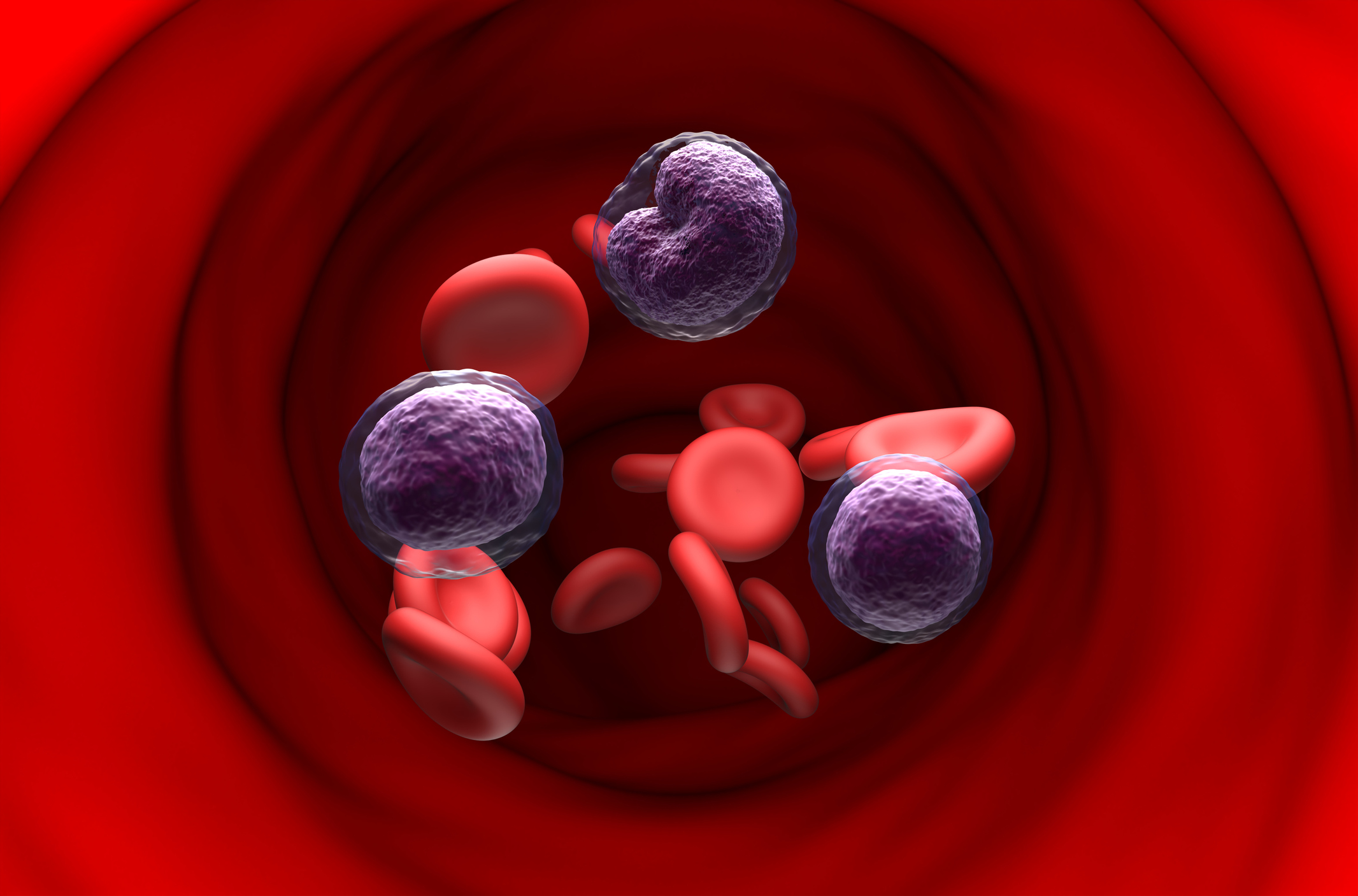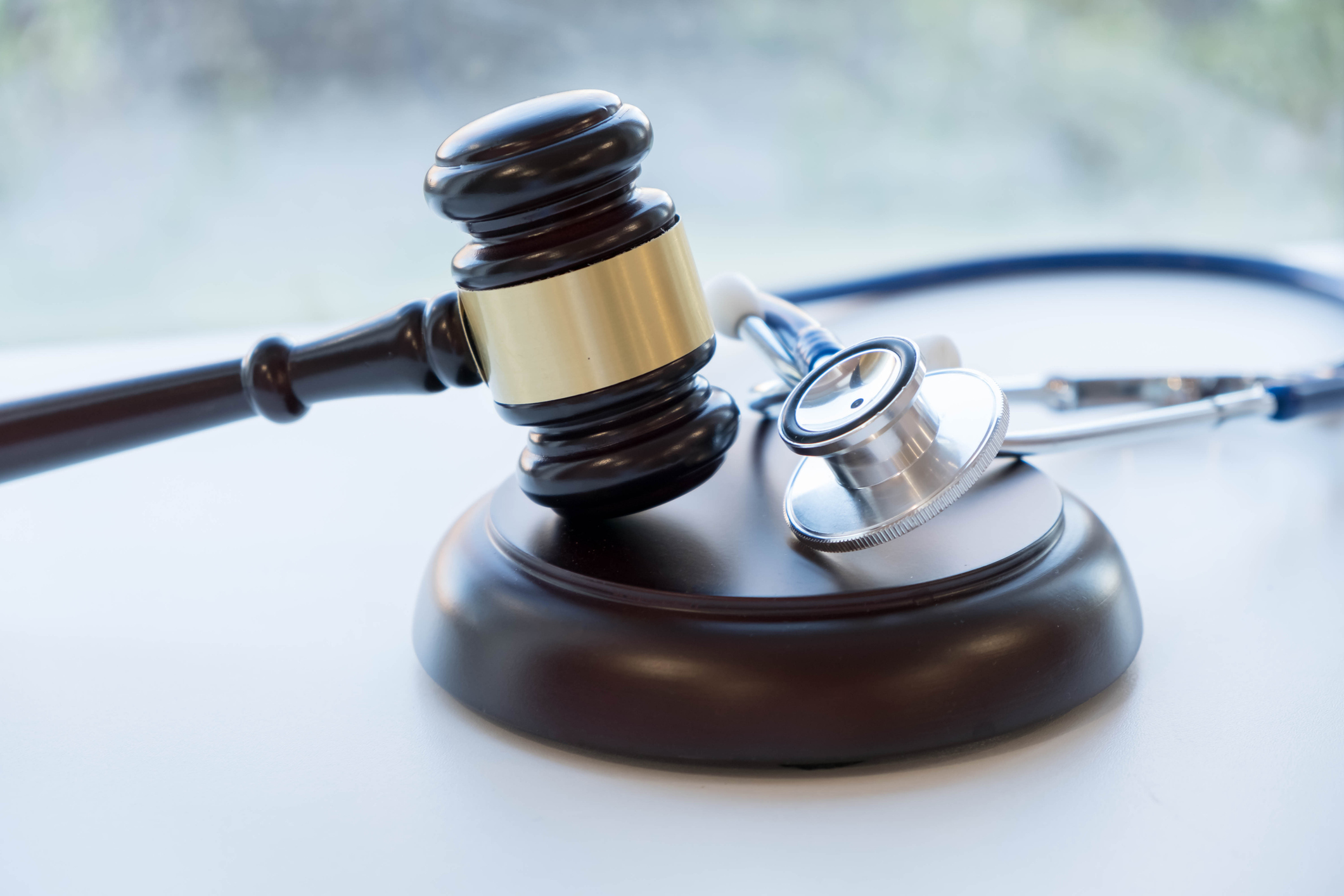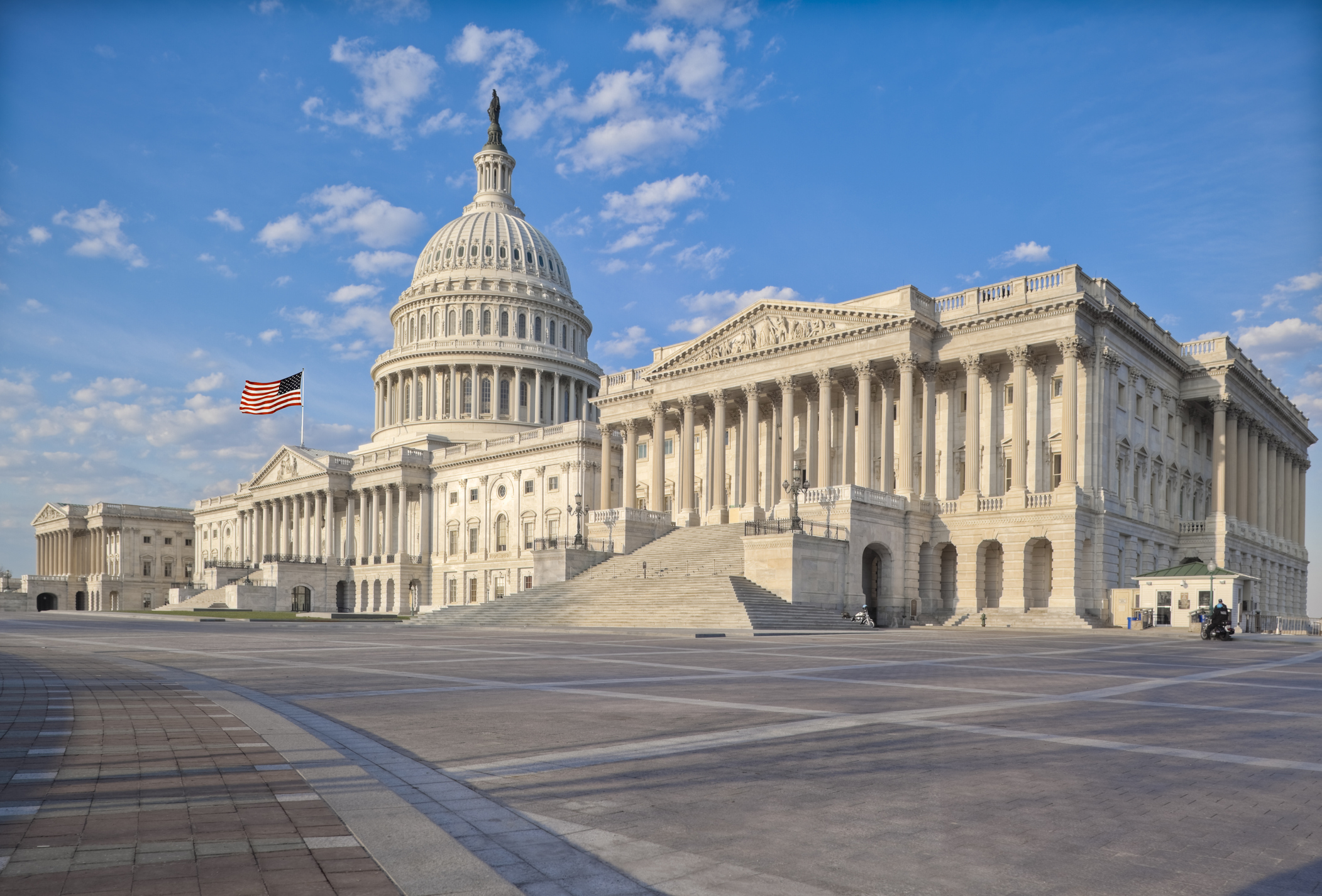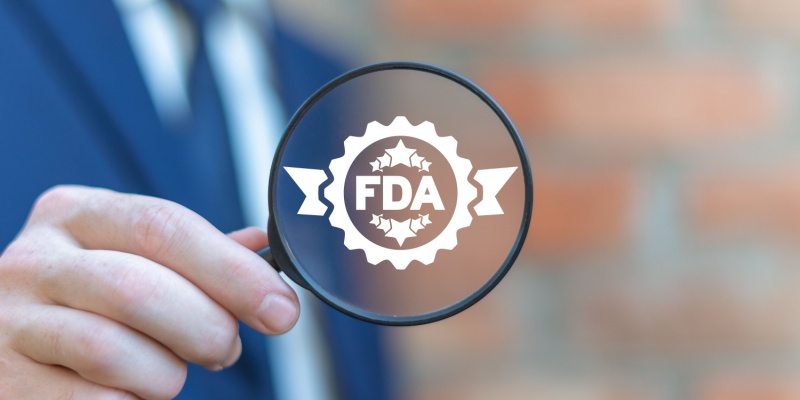
At the Fourth Annual National General Medical Oncology Summit held in Miami, Florida, host Neil Love, MD, president and CEO of Research to Practice, moderated an expert panel on non-Hodgkin lymphoma (NHL) management. The panel included Krish Patel, MD, of Sarah Cannon Research Institute, Christopher Flowers, MD, MS, of MD Anderson Cancer Center, and Vikas Malhotra, MD, of Florida Cancer Specialists and Research Institute.
Dr. Patel gave a presentation, which was an overview of and update on chimeric antigen receptor (CAR) T-cell therapy for NHL. With the success of the ZUMA 7, TRANSFORM, and PILOT large B-cell lymphoma clinical trials, CD19-targeting T cells are now being considered for second-line diffuse large B-cell lymphoma (DLBCL) therapy. Another instance of progress is the production of benefit by lisocabtagene maraleucel (liso-cel) in patients who would not have been candidates for autologous stem cell transplant.
Dr. Patel said that CAR T-cell therapy approaches, specifically for mantle cell lymphoma (MCL), are “a double-edged sword”: patients have better response but also more cytokine release syndrome (CRS) and immune effector cell–associated neurotoxicity syndrome (ICANS). However, he cited liso-cel as resulting in high overall survival (OS) and complete response (CR) rates, with less CRS than that seen with brexucabtagene autoleucel.
Dr. Flowers mentioned that there is an increasing trend toward administering CAR T-cell therapy in an outpatient setting. However, issues remain, including the question of whether to give prophylactic steroids, the need for a caregiver, and how to avoid CRS.
“It is best to have a patient be at a center where they can manage the CRS—especially in cycle 1— to be able to administer tocilizumab,” Dr. Flowers elaborated.
About bispecific antibodies, Dr. Patel underscored in his presentation that glofitamab and epcoritamab have comparable efficacy and long-term outcomes, but they differ in how they are administered, and some patients see earlier benefit. He also cited the STARGLO trial as illustrating the move of bispecifics into second-line therapy.
The panel also discussed the relationship between bispecifics and CAR T-cell therapy in NHL care. Dr. Flowers said there is increasingly more data being gathered on CAR T-cell use after treatment with a bispecific, and Dr. Malhotra commented on the importance of an individualized approach when using a bispecific plus CAR T-cell therapy.
“Most patients recognize the curative potential to CAR-T, but there’s a lot of access challenges. Bispecifics are next best option,” Dr. Patel remarked.
Dr. Flowers also gave a presentation on novel therapies under investigation for NHL. He said the 5-year data from the POLARIX study on Pola-R-CHP (polatuzumab vedotin plus rituximab, cyclophosphamide, doxorubicin, and prednisone) versus R-CHOP (rituximab plus cyclophosphamide, doxorubicin, vincristine, and prednisone) was significant for frontline DLBCL care. The inMIND trial of tafasitamab plus lenalidomide and rituximab for follicular lymphoma was practice changing, although further study is needed.
“How do you sequence your agents is a question. There are some data. With diseases being different and timing different, we will need to see this means for follicular lymphoma,” Dr. Flowers clarified.
Studies Dr. Flowers said were significant specifically in MCL were the ENRICH study, in which rituximab plus ibrutinib showed superior survival to rituximab plus chemotherapy, and the TRIANGLE study of ibrutinib plus immunochemotherapy, which had favorable efficacy and toxicity data.
“The patients who got ibrutinib in first-line therapy look to have a significant benefit, where stem cell transplantation may not even be needed.” Dr. Flowers said.
“About younger patients with MCL, transplant doesn’t play a role for most anymore. They look at more combinations of targeted therapies. Older and younger patients both,” Dr. Patel mentioned.
For patients who have relapsed DLBCL, Dr. Flowers said many novel approach options are available now, such as loncastuximab tesirine, which has produced durable response. He noted this combination has certain increased toxicities and dexamethasone is needed on hand, with Dr. Patel adding that the first 2 cycles are very indicative of a patient’s toleration.
References
Patel K. CAR T cells and bispecific antibodies in NHL. Presented at: The Fourth Annual National General Medical Oncology Summit; February 28 to March 3, 2025; Miami, Florida.
Flowers C. Other available and emerging novel therapies for NHL. Presented at: The Fourth Annual National General Medical Oncology Summit; February 28 to March 3, 2025; Miami, Florida.






 © 2025 Mashup Media, LLC, a Formedics Property. All Rights Reserved.
© 2025 Mashup Media, LLC, a Formedics Property. All Rights Reserved.